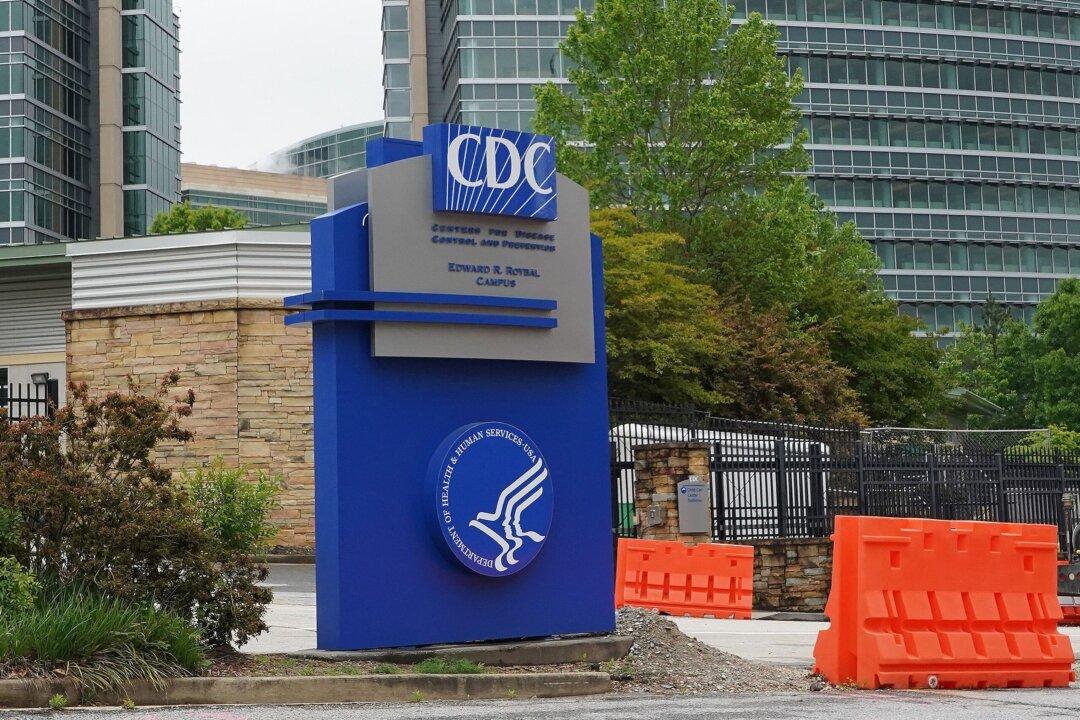The U.S. Centers for Disease Control and Prevention (CDC) on Monday made another sweeping change to one of its pandemic-era responses.
The federal health agency dropped its country-by-country COVID-19 travel health notices that it began issuing when COVID-19 started spreading in the United States in early 2020. Fewer countries are testing for the virus or reporting cases, making it more difficult to calculate travelers’ chances of contracting the virus, the CDC told news outlets.





